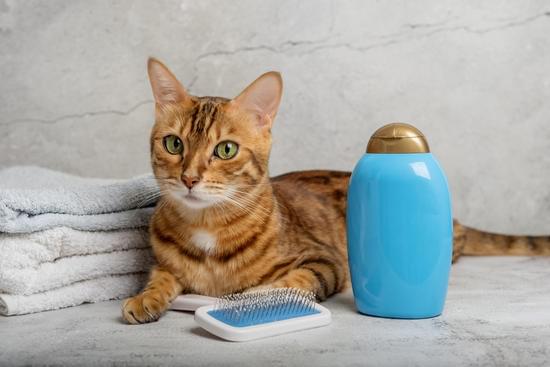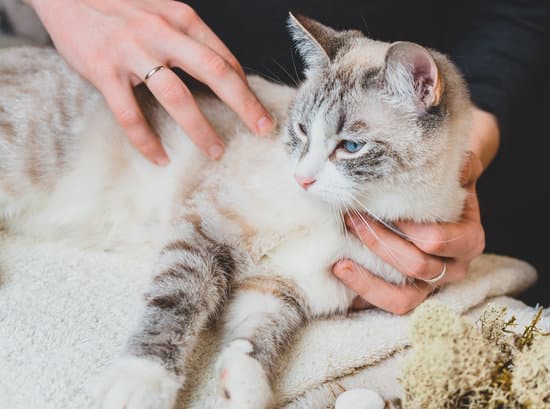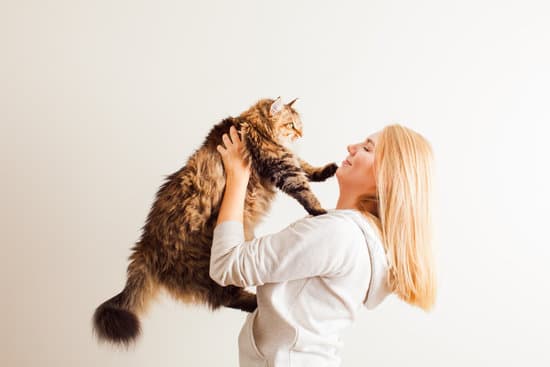A Comprehensive Guide to Safe Greenery for Your Feline Friends
Cats and plants can be a tricky combination. While some plants can be a beautiful addition to your home, others can be toxic and dangerous to your feline friend. As a cat owner, it’s important to be aware of which plants are safe to have around your pet and which ones should be avoided.
Many common household plants can be toxic to kittens, causing symptoms ranging from mild irritation to severe illness or even death. Some of the most common toxic plants include lilies, azaleas, ivy, and poinsettias. It’s important to note that even non-toxic plants can still cause harm to your kitten if they ingest too much or if the plant is treated with pesticides or other chemicals.
Understanding Cat Behavior and Plant Interactions
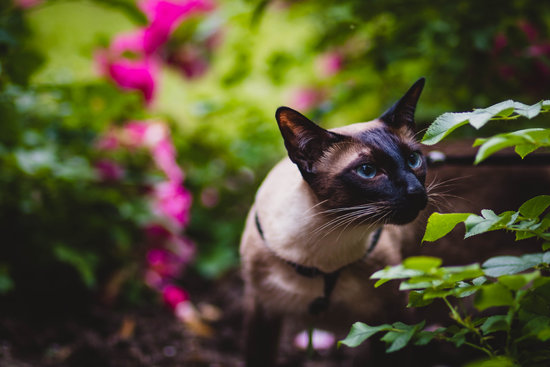
Cats are known to be curious creatures, and their curiosity often leads them to explore their surroundings, including plants. However, not all plants are safe for cats to interact with, and it’s important to understand the potential risks associated with certain plant species.
One factor to consider is the behavior of the kitten. Cats are known to nibble on plants, chew on leaves, and even dig in soil. They may also rub against plants or roll around in them. These behaviors can increase the risk of exposure to toxic plants.
Another factor to consider is the toxicity level of the plant. Some plants may cause mild irritation or upset stomach, while others can be highly toxic and even fatal to kittens. It’s important to research the toxicity level of plants before bringing them into a home with cats.
It’s also important to note that some kittens may be more sensitive to certain plants than others. This can depend on factors such as age, health, and individual sensitivities.
To help prevent potential harm to kittens, it’s recommended to only keep plants that are safe for cats to interact with. This can include non-toxic plants such as spider plants, bamboo, and catnip. It’s also important to keep toxic plants out of reach of cats or to avoid them altogether.
By understanding kitten behavior and plant interactions, kitten owners can help ensure a safe and healthy environment for their feline companions.
Common Houseplants Toxic to Cats
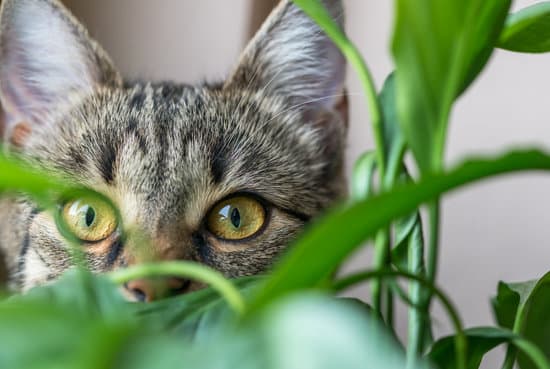
Lilies and Their Dangers
Lilies are popular houseplants that can bloom in a variety of colors, but they are highly toxic to kittens. Ingesting any part of the lily plant can cause kidney failure in cats, which can be fatal if not treated immediately. Symptoms of lily poisoning in kittens include vomiting, loss of appetite, lethargy, and dehydration. If you suspect your cat has ingested any part of a lily plant, seek veterinary care immediately.
Sago Palm and Its Risks
The Sago Palm is a popular ornamental plant that can be found in many households, but it is also highly toxic to kittens. The plant contains cycasin, a toxin that can cause liver failure in cats. Symptoms of Sago Palm poisoning in cats include vomiting, diarrhea, lethargy, and seizures. If you suspect your cat has ingested any part of a Sago Palm, seek veterinary care immediately.
Oleander Toxicity
Oleander is a common garden plant that can also be found as a houseplant. All parts of the plant, including the flowers, leaves, and stems, contain toxins that can be lethal to cats. Symptoms of Oleander poisoning in cats include vomiting, diarrhea, lethargy, and seizures. If you suspect your kitten has ingested any part of an Oleander plant, seek veterinary care immediately.
It’s important for kitten owners to be aware of the potential dangers of common houseplants and take steps to keep their pets safe. If you’re unsure whether a plant is safe for your kitten, it’s best to err on the side of caution and keep it out of reach.
Safe and Beneficial Plants for Cats
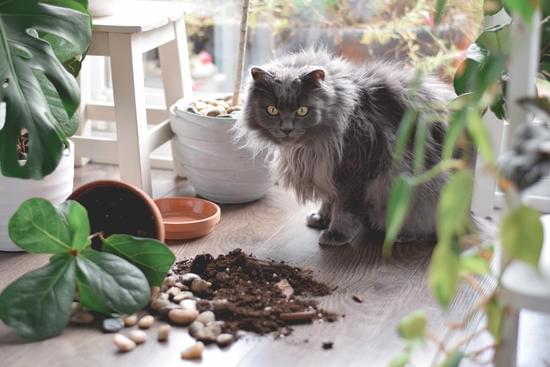
Catnip and Its Positive Effects
Catnip is a popular herb among kitten owners, and it is completely safe for kittens to consume. It contains a compound called nepetalactone which can have a calming effect on kittens, reducing anxiety and stress. Catnip can also stimulate a kitten’s appetite and encourage them to exercise more, which can be beneficial for their overall health.
Valerian: A Safe Alternative
Valerian is another herb that is safe for kittens to consume. It has a similar effect to catnip, but it is more potent and can have a stronger sedative effect. Valerian can be used to help calm anxious kittens and promote relaxation. It is important to note that while valerian is safe for kittens, it can have a strong smell that some humans may find unpleasant.
Spider Plant: A Non-Toxic Option
Spider plants are a popular houseplant that are safe for kittens to be around. In fact, spider plants are not only non-toxic but can also have some health benefits for kittens. They contain compounds that can help to improve digestion and reduce inflammation. Additionally, the long, trailing leaves of the spider plant can provide kittens with a fun and safe toy to play with.
Overall, there are several safe and beneficial plants for kittens to enjoy. It is important to do your research and ensure that any plants you bring into your home are safe for your furry friends.
Identifying and Preventing Plant Poisoning in Cats
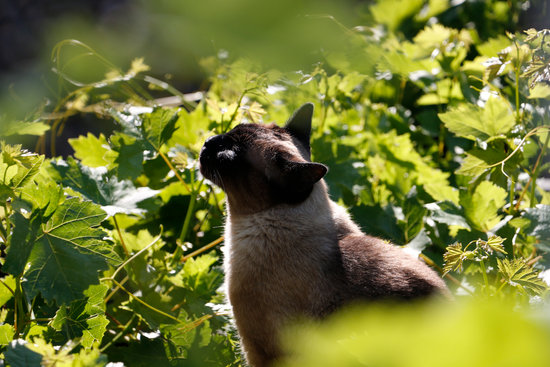
Cats are curious creatures and love to explore their surroundings. Unfortunately, this can sometimes lead to them ingesting plants that are toxic to them. As a responsible pet owner, it is important to identify and prevent plant poisoning in kittens.
Identifying Toxic Plants
There are many common household plants that can be toxic to kittens if ingested. Some of these include lilies, azaleas, daffodils, and tulips. It is important to research any new plants before bringing them into your home to ensure they are safe for your feline friend.
Symptoms of plant poisoning in kittens can vary depending on the type of plant ingested. Some common symptoms include vomiting, diarrhea, lethargy, and loss of appetite. In severe cases, it can lead to seizures, coma, or even death.
Preventing Plant Poisoning
The best way to prevent plant poisoning in kittens is to keep toxic plants out of their reach. This can be done by placing plants on high shelves or in areas that are inaccessible to your cat. It is also important to supervise your kitten when they are outside to ensure they do not come into contact with any toxic plants in your yard.
If you suspect your kitten has ingested a toxic plant, it is important to seek veterinary care immediately. Your veterinarian can provide treatment and support to help your cat recover from plant poisoning.
By identifying and preventing plant poisoning in cats, you can help keep your feline friend safe and healthy.

